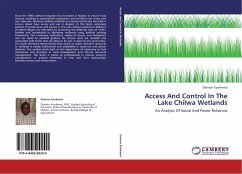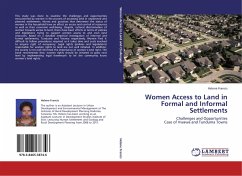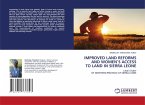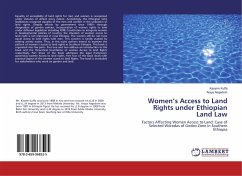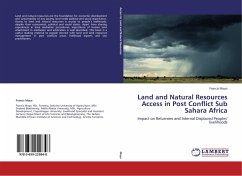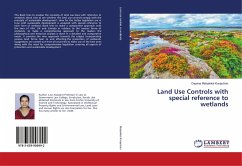Since the 1990s wetland irrigation has increased in Malawi to ensure food security, resulting in exacerbated competition and conflicts over access and use. However, literature defines wetlands as common lands and very little is known about how access and use is shaped. In this book customary systems of governance and tenure in the Lake Chilwa wetland in Malawi s Southern Region are identified by examining the differing roles of chiefs, families and households in allocating wetlands using political ecology framework. The customary institutions, modes of access, and obligations and use rights to wetland gardens for various users are revealed and contrasted with those that are likely to be put in place by the land policy. This book therefore demonstrates that access to water and land resources in wetlands is closely intertwined and embedded in social ties and power relations. The analysis sheds light on the importance of customary or local institutions and practices in rural development and natural resources management. The book is useful to professionals in natural resource management, or anyone interested in inter and intra relationships between society and environment.
Bitte wählen Sie Ihr Anliegen aus.
Rechnungen
Retourenschein anfordern
Bestellstatus
Storno

